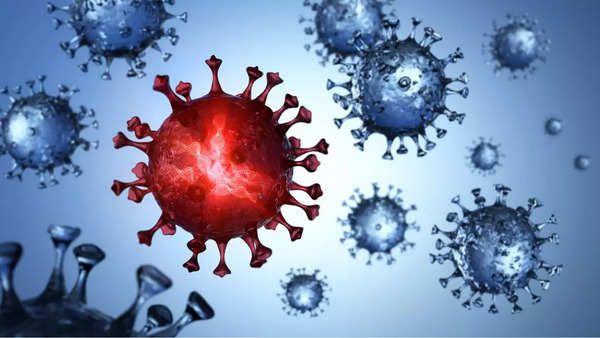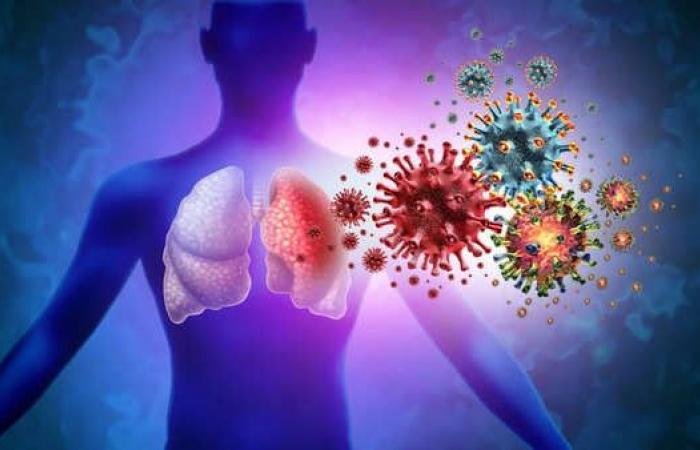Hospitals in the USA are currently dealing with a huge influx of patients as the ‘quad-demic‘ of seasonal infections are driving a huge number of cases, causing the emergency departments to overflow.
Every year, around this time flu, Covid-19 and respiratory syncytial virus (RSV) dominate seasonal infections in the United States. This year, norovirus has been increasing the case load and all the four infections clubbed together are being referred to as quad-demic by many.
M Health Fairview in Minnesota confirmed their hospitals are overflowing due to the ‘quad-demic’.”Our volumes are up 30% plus over comparable flu seasons,” said M Health Fairview Southdale Emergency Physician Dr. Brandon Trigger. “We’re trying to be creative, trying to see patients in hallways, trying to see patients in our alternative care areas.”
A statement from M Health Fairview said the rising infections is leading to longer wait times and shortages for resources needed to treat more life-threatening emergencies, like heart attacks and strokes.
“All of the viruses are here, it’s just they’re affecting different areas a little bit differently,” Dr. Robert Hopkins Jr., medical director of the National Foundation for Infectious Diseases, told Fortune.
Know the ‘quad-demic’ infections
Influenza (flu), Covid-19, and respiratory syncytial virus (RSV) are common respiratory illnesses caused by different viruses. It is often difficult to distinguish between the symptoms as many of them, including fever, cough, and shortness of breath, may overlap.
Norovirus, the common and highly contagious virus, is spreading rapidly this winter in the US. It causes symptoms like nausea, vomiting and diarrhea. Norovirus spreads easily through close contact or on contaminated food or surfaces. The illness runs its course in a few days.
RSV (Respiratory Syncytial Virus) spreads through respiratory droplets when an infected person coughs or sneezes. COVID-19, caused by the SARS-CoV-2 virus, is transmitted primarily through respiratory droplets and aerosols from close contact with an infected person. Influenza, caused by the flu virus, spreads via droplets from coughing, sneezing, or talking, and can also spread by touching contaminated surfaces.
RSV symptoms include coughing, wheezing, runny nose, and difficulty breathing, especially in young children. Covid-19 symptoms range from fever, cough, and shortness of breath to fatigue, loss of taste or smell, and muscle aches. Influenza symptoms typically include fever, chills, body aches, cough, sore throat, and fatigue.
-
Tips to prevent ‘quad-demic’
To prevent RSV, the CDC recommends everyone over the age of 75 and people over age 60 with increased risk of severe disease get the vaccine. Pregnant people between 32 and 36 weeks can get the Pfizer RSV vaccine Abrysvo. Infants who face their first RSV season can get an injectable monoclonal antibody which can protect against severe disease.
To prevent flu and Covid-19, one must get vaccinated as it not only reduces your chances of getting sick but also makes symptoms less severe even if you do. Both seasonal flu and Covid vaccines are recommended for nearly everyone over the age of six months.
There is no vaccine to prevent norovirus. It is important to wash your hands regularly, especially after touching potentially infected surfaces.
Experts say washing hands with soap and warm water for at least 20 seconds is important as alcohol-based hand sanitizers are not as effective at killing virus particles.
Anticipating ‘Tripledemic’ Resurgence: Covid-19, Influenza, and RSV threats loom as fall approaches





